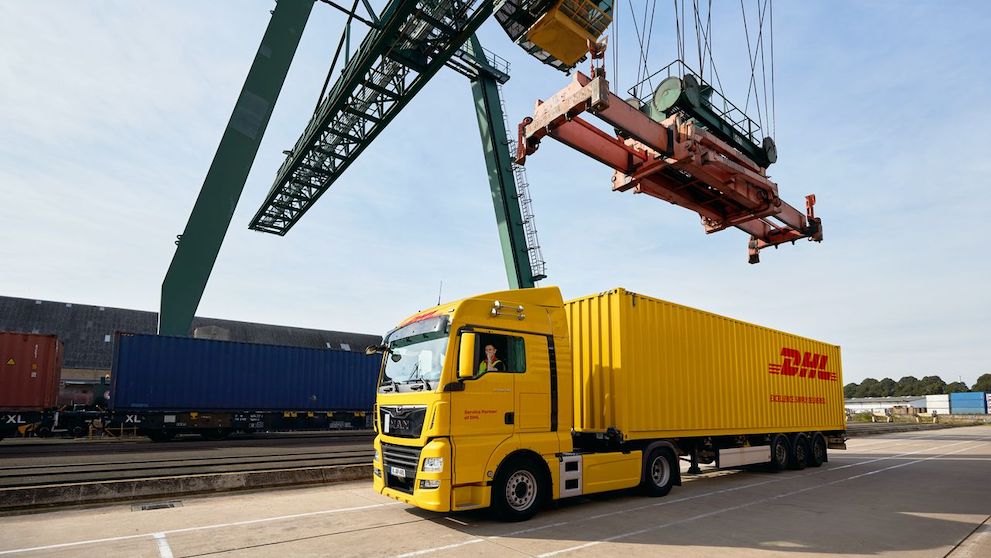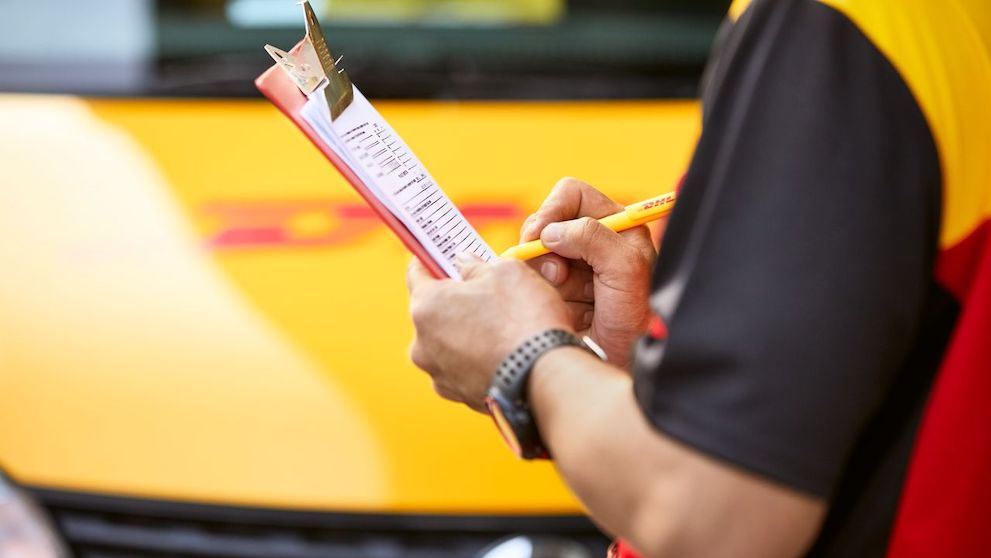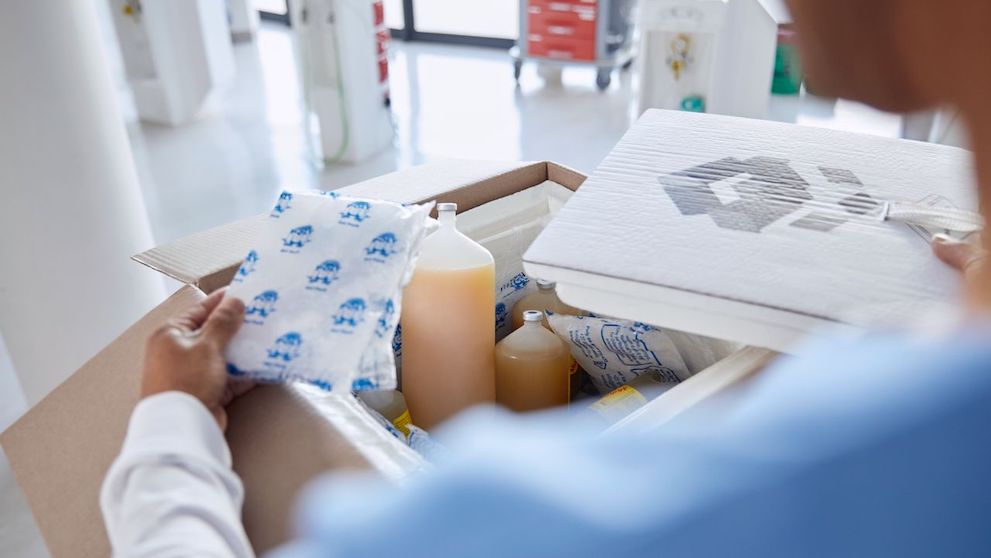Japan is known for its high-quality products and innovative technology, which makes it a popular destination for importing goods to Singapore. Some of the popular products shipped from Japan to Singapore include electronic devices, automotive parts, and beauty products. In this guide, we will cover the process of importing goods from Japan to Singapore, including taxes and duties, Free Trade Agreements (FTAs), prohibited and restricted items, and necessary documents and licences.
Why import goods from Japan?
There are several reasons why companies and individuals choose to import goods from Japan to Singapore. One reason is the high quality and reliability of Japanese products. Japan is known for its innovative technology and attention to detail, which makes its products highly sought after. This is evident in the popularity of Japanese brands such as Toyota, Sony, and Uniqlo, which are well-known for their quality and durability.
Another reason is the close economic ties between Japan and Singapore. Japan is one of Singapore's major trading partners, with Japan's exports to Singapore totalling over US$20 billion in 2021, according to the United Nations COMTRADE database. Japan is also a major source of foreign direct investment in Singapore, with Japanese companies making up a significant portion of the foreign businesses operating in the country.
There are also several free trade agreements (FTAs) in place between Japan and Singapore, which provide benefits such as reduced or eliminated customs tariffs on certain goods. These FTAs help to facilitate trade between the two countries and make it easier for companies to import goods from Japan to Singapore. For example, The Japan - Singapore Economic Partnership Singapore (JSEPA) allows businesses to enjoy a shorter time to market for electronic equipment.
How can you start importing goods from Japan?
1. Calculate taxes and duties
When importing goods from Japan to Singapore, you will be responsible for paying customs taxes and import duties. The amount of taxes and duties you will need to pay will depend on the type of goods you are importing and their value.
In Singapore, the main taxes and duties on imported goods are the customs duty, goods and services tax (GST), and the excise duty. The customs duty is a tax on imported goods and is based on the value of the goods. The GST is a value-added tax on the supply of goods and services in Singapore. It was raised from 7% to 8% and took effect from 1 January 2023. Some goods, such as liquor with a certain percentage of alcohol, are also subject to customs and excise duties.
There are also some exemptions and reductions on taxes and duties for certain goods, such as those imported under FTAs or for personal use. Singapore has FTAs with several countries, including Japan, which can provide benefits such as reduced or eliminated customs duties on certain goods. It is important to check if your goods qualify for any exemptions or reductions before importing them to Singapore.
3. Prepare documents and licences
When importing goods from Japan to Singapore, you will need to have the necessary documents and licences in order to clear customs. Taking the time to understand the customs clearance process can help to ensure that your goods will be quickly processed by customs officials. Some of the documents you may need include:
Commercial invoice: This is a document that lists the details of the goods being imported, such as the type and quantity of goods, the value of the goods, and the terms of sale.
Bill of lading: This is a document that serves as a receipt for the goods being shipped and lists the details of the shipment, including the origin and destination of the goods and the name of the carrier.
Import licence: Depending on the type of goods you are importing, you may need to obtain an import licence from the relevant authorities. For example, if you are importing controlled goods such as hazardous chemicals or animals, you will need to obtain an import licence.
It is important to ensure that you have all the necessary documents and licences before importing goods to Singapore to mitigate any non-compliance risks and avoid delays or issues at customs.
Shipping from Japan to Singapore with DHL Express
With the right shipping partner, sending parcels from Japan to Singapore isn’t complicated. DHL Express is a reliable and efficient shipping company that offers fast delivery times and a range of services to meet your needs. Our team of shipping specialists handle your parcel with care at every step of the journey, from pick up to delivery – so your goods are successfully delivered. With DHL Express’ other features, such as MyDHL+ and On-Demand Delivery, the process of shipping from Japan to SIngapore is simplified for you.
Sign up for a DHL Express account today.








